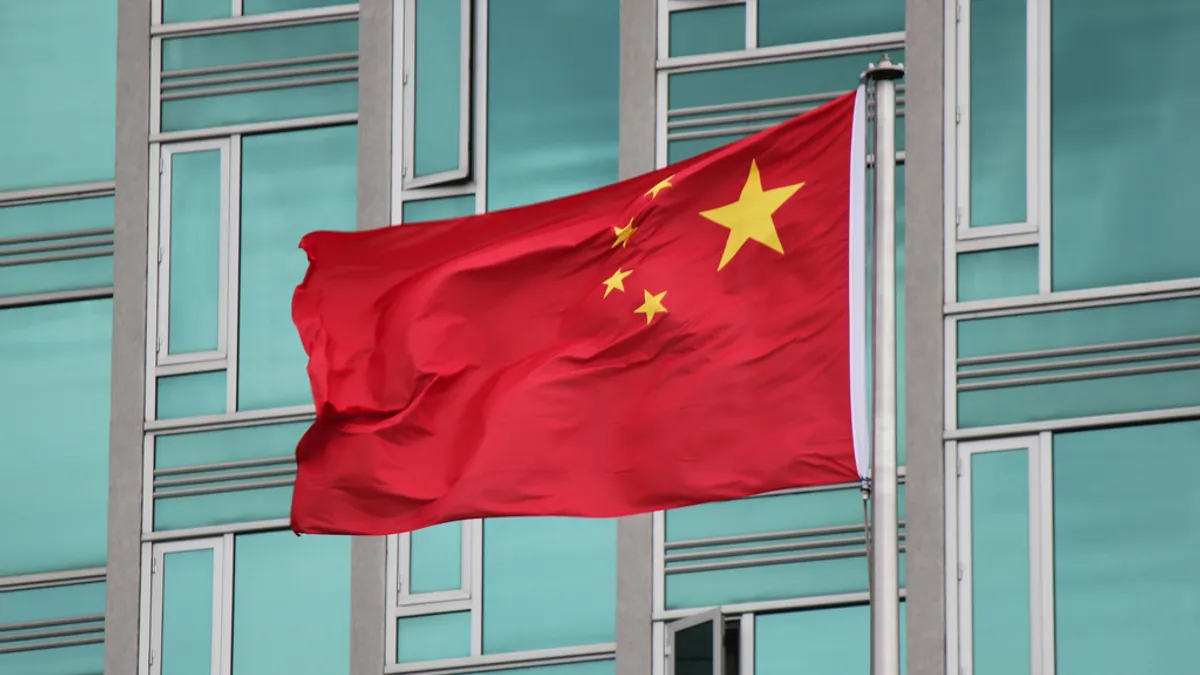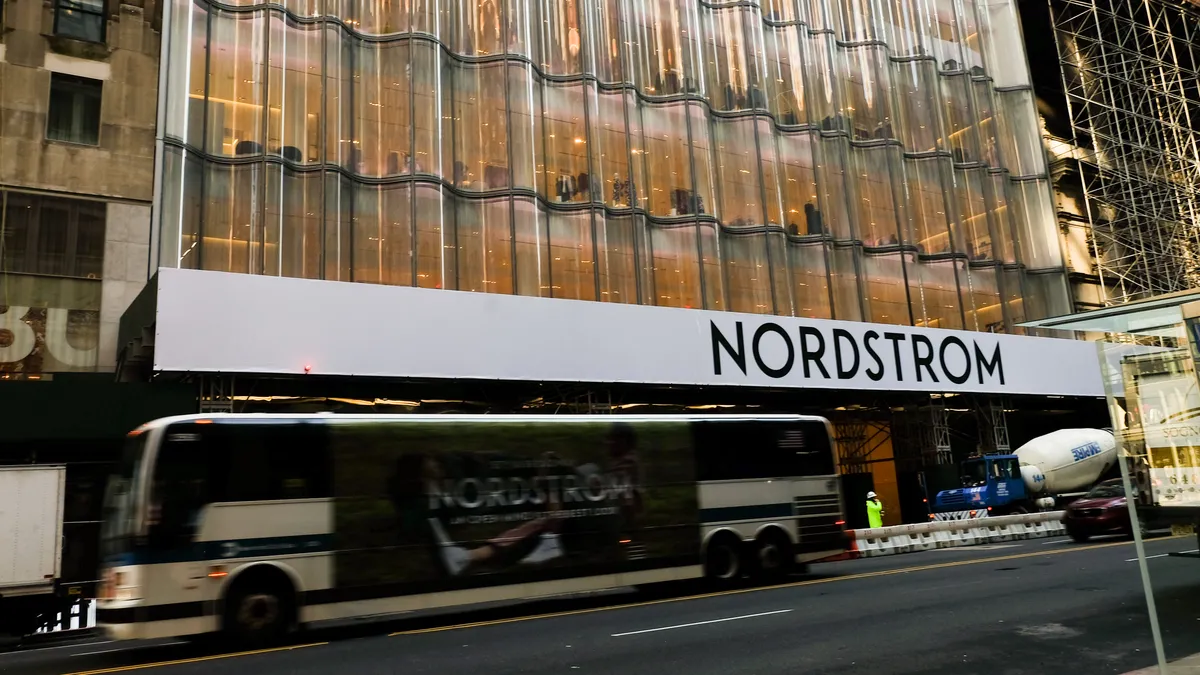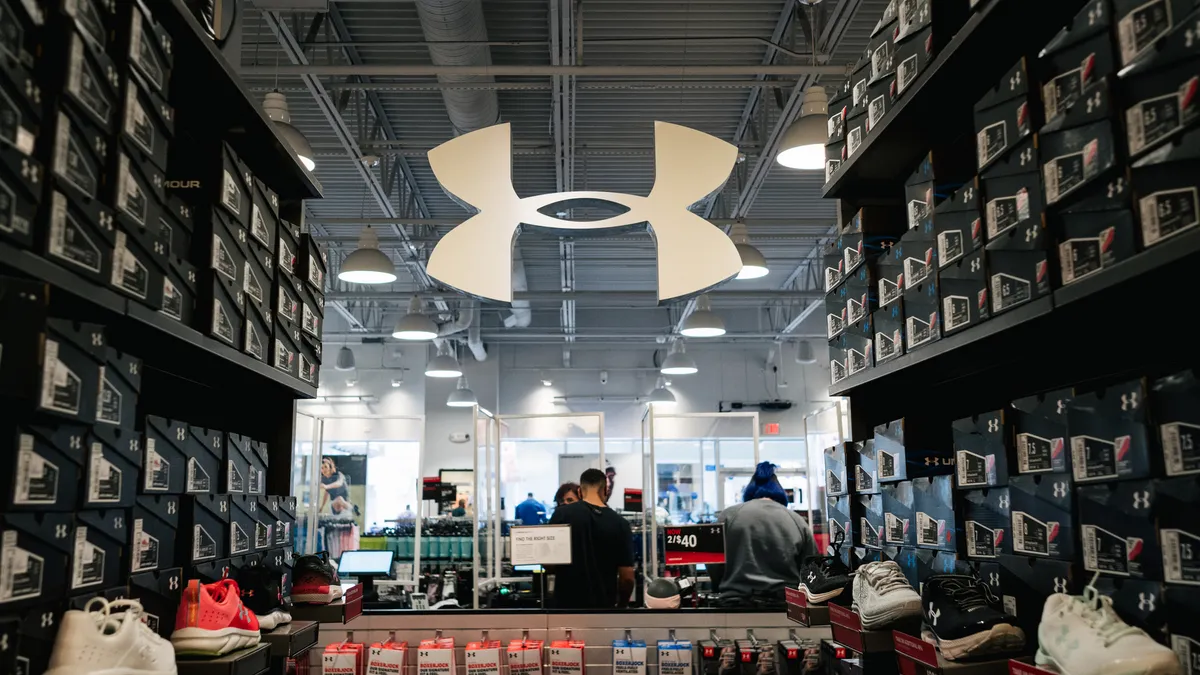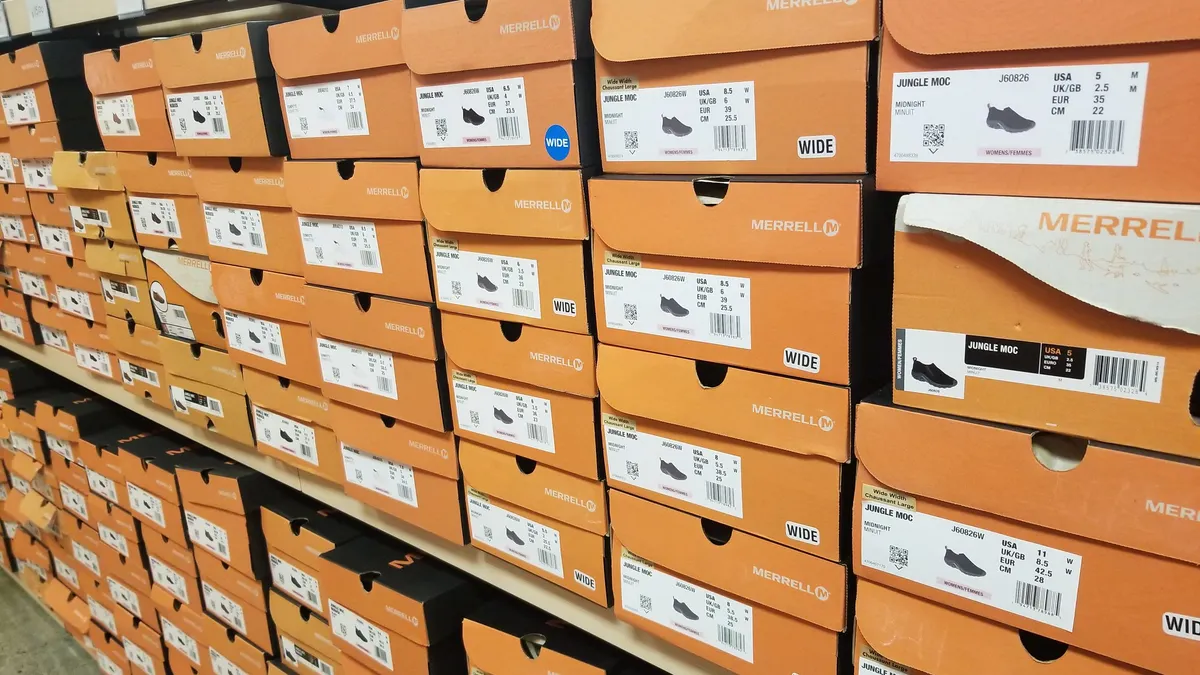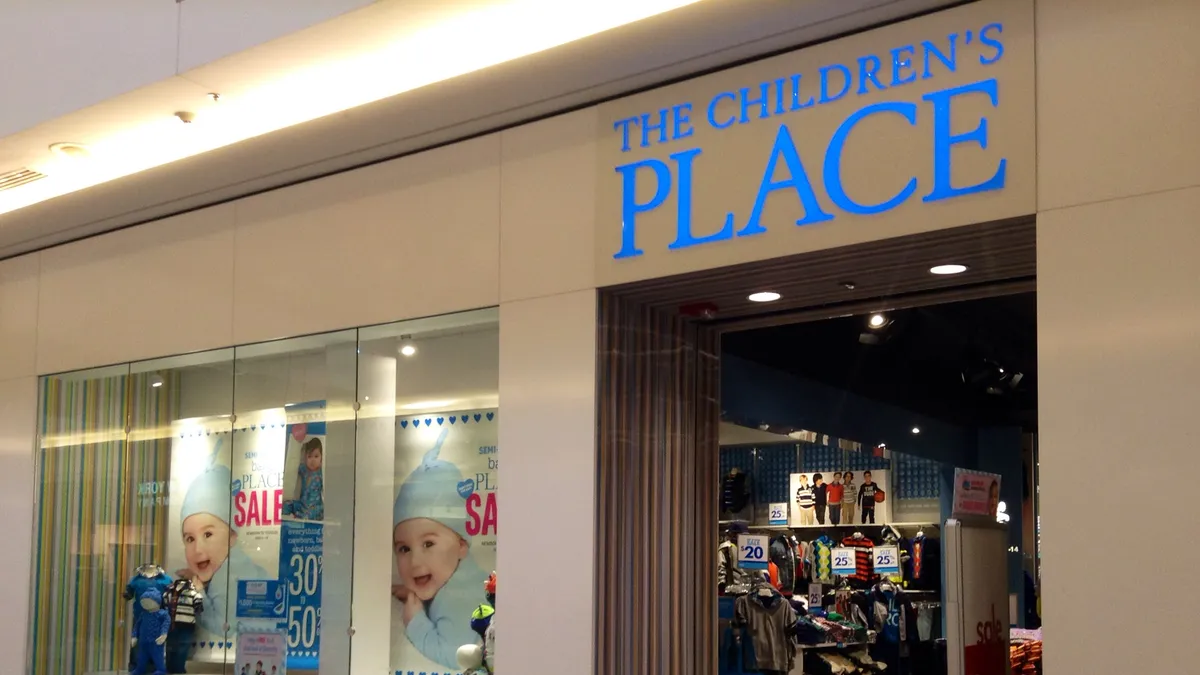Several retail stocks suffered early this week as news broke that the Chinese government is taking further measures to shore up economic growth — adding to existing jitters about the Chinese consumer's ability to maintain what has been a healthy pace of consumption for years now.
Worries had already begun before the New Year. Retail sales in China grew 8.1% in November, according to the country's National Bureau of Statistics, which retail think tank Coresight research noted was the slowest growth in 15 years. "Given that leading economic indicators (retail sales and industrial activity) are growing more slowly, and the effects of the China-US trade war, which we expect to continue into the coming quarters, we expect the pace of economic growth in China will continue to slow in the first half of 2019," Coresight said in a year-end report.
Home-grown trouble
With the scope of a trade war with the U.S. alternatively looming and receding in the background, providing a level of uncertainty that undermines most markets, the Chinese government, starting last year, has already pulled a few levers to keep growth humming. Private lending, which followed moves by the central bank, demonstrated traction, according to a report Tuesday from the English-language South China Morning Post. Such efforts continued this week, with the Chinese government on Tuesday instituting a fresh set of measures (like cutting the reserve amount required by banks and lowering tariffs and taxes) while also clarifying that it wouldn't "flood" the system with cash, according to the report.
Alibaba shares joined in the stock tumble on Monday amid the signs of ongoing contraction at home, but the Chinese e-commerce giant expressed confidence in the Chinese consumer, at least over the long term.
"China has slowed down. As a $13 trillion economy it would be quite unusual to maintain growth at 7 or 8%," Alibaba Group President J. Michael Evans said during a panel at National Retail Federation's Big Show in New York on Monday. "I can tell you where the country will go in the long term — what I can't tell you is what will happen in the next 12 to 18 months. Ten years from now that economy will probably be the largest economy in the world. …. It will not be a market most brands and retailers can afford to ignore."
Furthermore, companies that, like Alibaba, have embraced "new retail" — the merging of online and offline (a concept that goes well beyond "omnichannel" to encompass not just retail sales but all kinds of human interactions) — are poised to thrive, according to a report from UBS analysts led by Christine Peng and emailed to Retail Dive. "Despite an uncertain economic outlook, domestic [Chinese] brands are accelerating development in the 'new retail' business model (online & offline integration) by leveraging their local innovations and more nimble decision-making than foreign companies," they wrote. "We believe this will become the key investment theme in the consumer sector in the next 3-5 years."
Evans put it a different way, pushing against the idea presented at the NRF conference that brands must deal with Amazon's and Google's "moats" — a concept widely attributed to super-investor Warren Buffett to describe a company's ability to keep competition at bay. "We're not building moats, we're building bridges," Evans said, speaking on a panel at NRF. "Our bridges are between the online business and the offline market in China. ... We believe the future of retail is all retail, online and offline."
What it means for U.S. brands
Some concerns about China's economy appear to be festering on Wall Street. While Alibaba seems undisturbed about it, investors froze up when Apple CEO Tim Cook sent out a note blaming economic weakness, "particularly in Greater China," (along with, crucially, "fewer iPhone upgrades"), for the company's diminished first quarter revenue expectations. UBS analysts in due time warned that Apple's troubles could spill over to Best Buy; then White House Council of Economic Advisers Chairman Kevin Hassett told CNN that "a heck of a lot" of companies would likely be forced to similarly downgrade their sales forecasts absent a deal with China.
But a heck of a lot of companies, including retailers, are also doing well in China — at least when they have the goods that Chinese consumers want, and when they operate on the channels where Chinese consumers are to be found — and that doesn't appear to be in grave jeopardy. Sneaker brands are taking the right steps there, according to a note from Wedbush analysts led by Christopher Svezia emailed to Retail Dive last month. "In terms of China's sales growth, there likely has not been a material slowdown, with Puma and Adidas recently all reporting still strong underlying demand; Nike's stronger merchandise and Nike Plus/digital initiatives (WeChat, Tmall) should also support continued momentum, with the latter in particular providing opportunity for upside."
Furthermore, a slowdown in China, as Evans noted in New York, tends to nevertheless remain a story of growth, and the country, home to a still-growing middle class, will continue to influence digital sales globally. In fact, China joins Japan, the U.S., the U.K. and India as "the countries that will generate the most revenue in internet retailing in 2022," according to a Euromonitor report emailed to Retail Dive. If anything, retailers should broaden their concerns to policies in several regions, including at home, that could hold consumers back, according to that report — a prediction underscored late Tuesday when the U.K.'s plan to exit the European Union (or "Brexit") went down to what the BBC called a "historic defeat."
"With Brexit looming, tensions surrounding the potential China-US Trade War and volatile currencies in Latin America due to political turmoil, people are wiser than ever about what they spend their money on and assess all options before committing," Euromonitor said. "Increasingly, consumers are driven to examine and question everything they read, see and hear. This inherent mistrust of information, perpetuated by social media, encourages similar behaviours while shopping."



